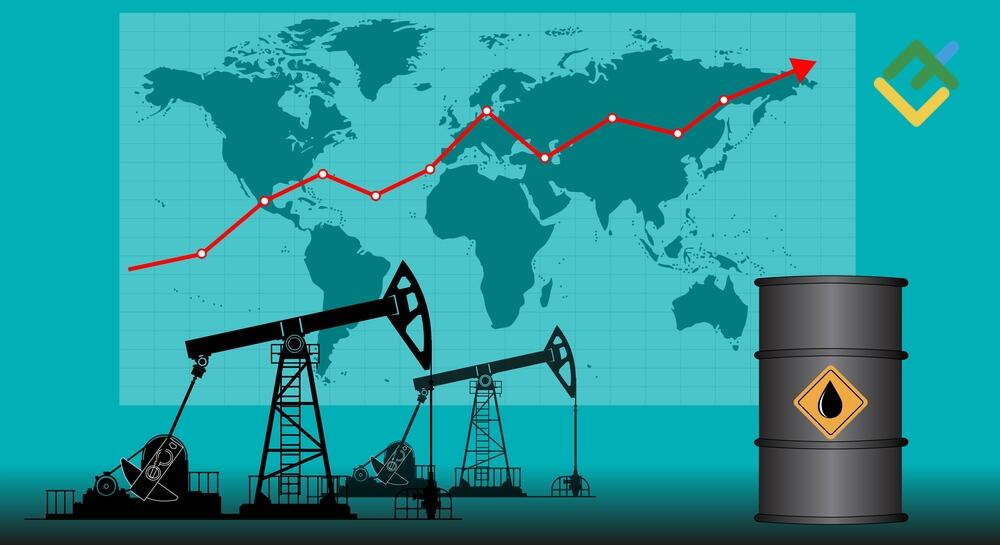The Strait of Hormuz is one of the world’s most important and strategic waterways. Connecting the Persian Gulf to the Gulf of Oman, this narrow passage has become a critical chokepoint for global trade, especially when it comes to oil. With countries like the UAE, Saudi Arabia, and Iran surrounding it, the Strait of Hormuz plays a major role in international shipping, security, and geopolitics. But what makes this waterway so crucial, and why is it constantly in the global spotlight?
The Strategic Importance of the Strait of Hormuz
At its narrowest point, the Strait of Hormuz is only about 33 kilometers wide. Despite its small size, it serves as a vital link between the oil-rich Persian Gulf and the rest of the world. This makes it one of the busiest and most strategically important sea routes on Earth.
Over 20% of the world’s oil supply passes through the Strait of Hormuz. Every day, dozens of oil tankers travel through these waters, carrying oil from the Gulf nations to markets in Asia, Europe, and North America. This constant flow of oil has made the Strait of Hormuz a crucial artery for global energy markets.

In addition to oil, the Strait is used for transporting liquefied natural gas (LNG), petrochemicals, and other vital goods. The security and stability of this waterway are essential for ensuring that global trade continues to flow smoothly. If the Strait were to be blocked or disrupted, it could have severe consequences for global energy prices, supply chains, and economies worldwide.
The Geopolitical Tensions Surrounding the Strait
The Strait of Hormuz is bordered by several countries, each with its own interests and influence in the region. On the western side lies the United Arab Emirates (UAE) and Oman, while Iran controls the northern shore, and Saudi Arabia and Bahrain are on the opposite side. This proximity to powerful countries and vital resources makes the Strait of Hormuz a key area for geopolitical tensions.

The strategic importance of the Strait has led to numerous political and military challenges over the years. Iran, which controls much of the northern coastline, has often threatened to block the Strait in times of conflict. In 2019, for example, tensions between Iran and the U.S. escalated, and Iran seized oil tankers passing through the Strait. This act, along with other military confrontations in the region, raised global concerns about the safety of the waterway and its impact on global oil markets.

For countries relying on the Strait for oil transport, any disruption can lead to significant price hikes and supply shortages. This vulnerability has led to efforts by various nations to protect the waterway. The U.S. and other Western powers have sent naval forces to patrol the Strait, ensuring that shipping routes remain secure.
The Role of the UAE and Other Gulf Nations
The UAE, especially through its port of Fujairah, plays an important role in the global trade that passes through the Strait of Hormuz. Fujairah is the only port in the UAE that lies directly on the Gulf of Oman, providing an alternative route for oil and goods if the Strait of Hormuz is closed. It’s strategically located to bypass the Strait and serves as an essential part of the UAE’s oil export infrastructure.
In addition to Fujairah, Saudi Arabia, Qatar, and other Gulf countries rely on the Strait for their energy exports. Saudi Arabia, in particular, is one of the world’s largest oil producers and sends much of its oil through the Strait of Hormuz to international markets. Any disruption to the Strait could impact not only the economies of these countries but the broader global economy as well.
Given the high stakes, the Gulf nations, led by the UAE and Saudi Arabia, have worked together to ensure the security of the Strait. In addition to their own military efforts, these countries have engaged in partnerships with global powers like the U.S. to secure their shared interests in maintaining open shipping lanes.
Security Challenges and Military Presence
The Strait of Hormuz is a focal point for regional security issues. Because of its importance for global oil transport, any threat to the Strait can quickly escalate into an international crisis. Both the U.S. and Iran have stationed military forces in the region, and tensions often rise when military operations take place near the Strait.
In recent years, military presence in the area has increased. The U.S. Navy, along with other NATO members, frequently patrols the Strait to ensure that shipping lanes remain open. In addition, the UAE and Saudi Arabia maintain a military presence to safeguard their oil facilities and infrastructure in the region.
However, this military buildup also raises concerns. The more forces that are concentrated in the region, the higher the risk of a conflict. Iran, for example, has threatened to close the Strait in the event of military action against it. If this were to happen, it could lead to a global oil crisis, as countries dependent on oil from the Gulf would be forced to find alternative routes.
Impact on Global Oil Prices and the Economy
The Strait of Hormuz’s role in global oil transport means that any disruption to this waterway can have a ripple effect on economies worldwide. When tensions rise in the region or when there is a threat to block the Strait, the price of oil often increases. This is because the uncertainty surrounding the flow of oil through the Strait causes traders to worry about supply shortages.
For example, in 2019, the price of oil spiked after Iran seized tankers in the Strait of Hormuz, and fears of an all-out conflict began to grow. A major disruption in the Strait would cause a significant rise in oil prices, affecting industries, consumers, and governments alike. Higher oil prices could lead to increased costs for fuel, shipping, and manufacturing, ultimately slowing down global economic growth.
Conversely, a smooth and secure passage through the Strait helps keep oil prices stable, which benefits both oil-producing nations and consumers around the world. This interdependence highlights just how crucial the Strait is to maintaining global economic stability.
Environmental Concerns and Risk of Oil Spills
While the geopolitical and economic implications of the Strait of Hormuz dominate headlines, the environmental risks associated with this waterway are also significant. The high volume of oil and gas shipments passing through the Strait increases the risk of accidents, including oil spills and other forms of pollution.
An oil spill in the Strait of Hormuz could have devastating effects on the marine ecosystem. The region is home to diverse marine life, including coral reefs and fish species that are vital to the local economy. If an accident were to occur, it could damage ecosystems and harm the fishing industry, which is crucial to some Gulf countries.
Additionally, the environmental impact of the heavy naval presence and shipping traffic in the Strait is an ongoing concern. Efforts to prevent spills and reduce pollution are a part of ongoing international discussions, but ensuring the sustainability of the Strait’s ecosystem is still a major challenge.
The Future of the Strait of Hormuz
Looking ahead, the Strait of Hormuz will continue to be a focal point for global trade, energy security, and regional geopolitics. The UAE, along with other Gulf nations, will likely continue to work with international partners to protect the Strait and keep global shipping routes open. However, the security challenges and environmental risks associated with the Strait remain ever-present.
For countries that rely on the Strait of Hormuz for oil exports, it is critical to continue investing in both security measures and alternative routes to ensure the continued flow of trade. The UAE’s strategic investments in the Port of Fujairah, as well as regional and international cooperation, will be essential to maintaining the security of this vital waterway.
In conclusion, the Strait of Hormuz is more than just a narrow passage of water – it is a key global chokepoint that shapes the world’s oil trade, regional security, and economic stability. Its strategic importance cannot be overstated, and ensuring its security will remain a priority for nations around the world.
Also read: Lulu Island Waters: A Hidden Gem of Natural Beauty and Luxury in Abu Dhabi












